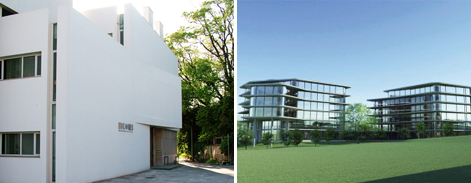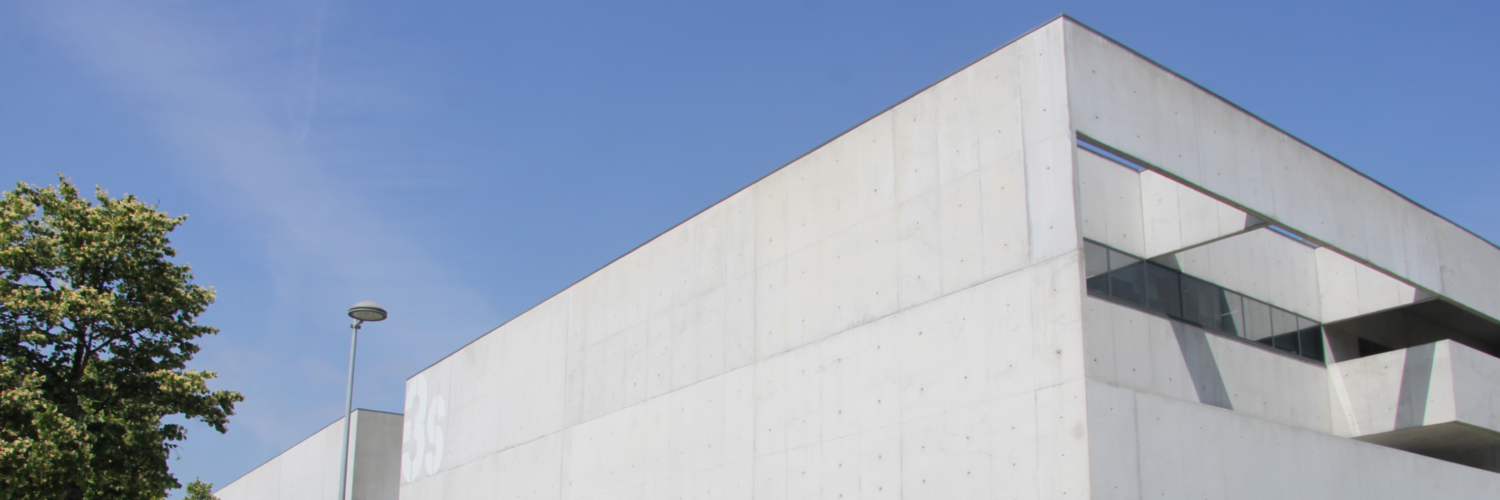IB2: an innovative PhD
IB2 - Industrial Biological Biomaterials Doctorate is a Marie Curie Initial Training Network - European Industrial Doctorate (ITN-EID) funded under the European Community 7th Framework Programme.
The IB2 Network provides an elite doctorate programme designed to train PhD candidates at the highest academic level in combination with strong components in entrepreneurship, technology transfer and business development since part of the research and training will be carried out in an industrial environment and using a problem solving approach.
The major scientific objective of is to grow stem cells of human origin in xenofree conditions. Currently, the clinical applications of human cells are limited partly because they are cultured using serum of bovine origin, thus with high risk of immunogenic reactions or zoonotic disease transmission. Human plasma-derived biomaterials, which are a priority of research and development of the industrial partner, are here proposed as an alternative supplement for cell culture. If successful, this project will profoundly impact on clinical transplantation of stem cells.
The training programme is designed to create PhDs with an entrepreneurial mindset. It involves a high quality multidisciplinary research environment, interinstitutional cooperation and international networking, and provides career development by adding the technological dimension through inclusion of a comprehensive range of transferable skills (e.g. entrepreneurship courses, career development counseling).

Image: IBMC.INEB and Grifols buildings
The coordinating partner, INEB, is an established European research institute in biomedical engineering, specialized in the development of innovative biomaterials and cell therapies. The industrial partner, Grifols, is a major healthcare company that produces life-saving protein therapies. The other partners involved are IBEC, a highly multidisciplinary research institute with well-established collaborations both with INEB and Grifols, and University of Porto and IPATIMUP, which will consistently contribute to the training program.


